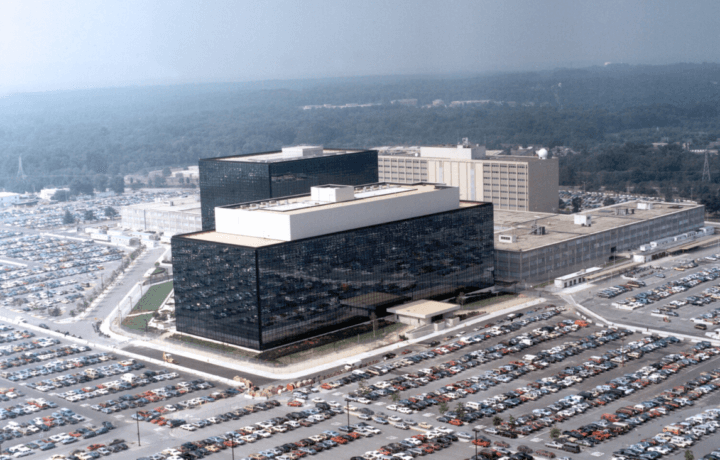In the Matter of M.C. Dean, Inc. decided last month by the Government Accountability Office (GAO), the protestor (Dean) challenged the NSA’s contract award to PTSI Managed Services (PTSI). The award called for the maintenance, installation, and other services of the NSA’s enterprise physical security system. In other words, the awardee was to be hands-on involved in sustainment and upgrades of a classified facility and infrastructure through constant analysis and management.
Guidance on Award Protests
The GAO has strict guidance on protesting the award of a federal contract to an individual or company. The protestor must be “an interested party”, which is straightforward in its meaning an actual or prospective bidder on the contract and has an economic interest in the decision. Often the protest comes post-award. In that instance, the protestor must show competitive prejudice-that they but for the agencies actions being protested, would have had a reasonable chance of the contract award.
Common post award protest grounds include the following:
- Lack of meaningful discussions
- Improper price or technical evaluation
- Awardee not meeting evaluation criteria
- Unequal treatment
- That the best value of the contract was not properly calculated
- Failure to document or support evaluation adequately (a big no-no)
Much of the guidelines the awarder must adhere to are in the contract Request for Proposal (RFP).
Unmet Contract Security Clearance Requirements
While most of the above protest grounds were used by Dean to challenge the award, one of the most compelling was the fact that PTSI did not meet evaluation criteria, specifically citing that a key employee (program manager) that would execute performance of the contract did not have the requisite security clearance to do so. Dean apparently discovered this when job announcements were posted for the position in question after contract award.
GAO Sides With Dean’s Evidence Against PTSI
While the precedence of this issue is somewhat esoteric in nature, the GAO sided with Dean based on factual information that showed that PTSI knew the program manager was denied clearance on another separate contract by the same agency prior to award of the contract and that there was no evidence the said program manager would be successful on appeal of that denial prior to execution of the contract. The issue, according to the NSA, was addressed in the contract evaluation scorecard as the position in question only rated “minimal experience” and was immaterial to the award of the contract.
The GAO disagreed stating:
“As noted above, where, as here, an offeror has actual knowledge that a proposed key person has become unavailable before award, they are required to notify the agency of this development. It is thus irrelevant whether the program manager’s resume was material to the agency’s evaluation of PTSI’s proposed key personnel.”
Check Security Clearances At the Time of RFP Submission
As a result, Dean’s protest of the award was sustained, and the GAO recommended that the contract be reexamined using PTSI’s correct information or that the RFP be reopened. As another recommendation, NSA was to pay Dean’s costs and attorney fees in the matter.
The prevailing lesson learned from this case seems to be that if you bid on a classified contract that has a requirement for a key employee to own a security clearance, make sure that qualification is met at the time of RFP submission and award. It could mean success or failure in your business.



